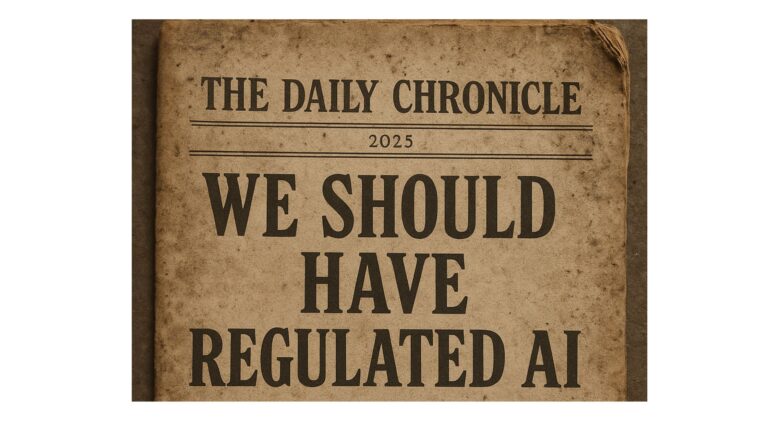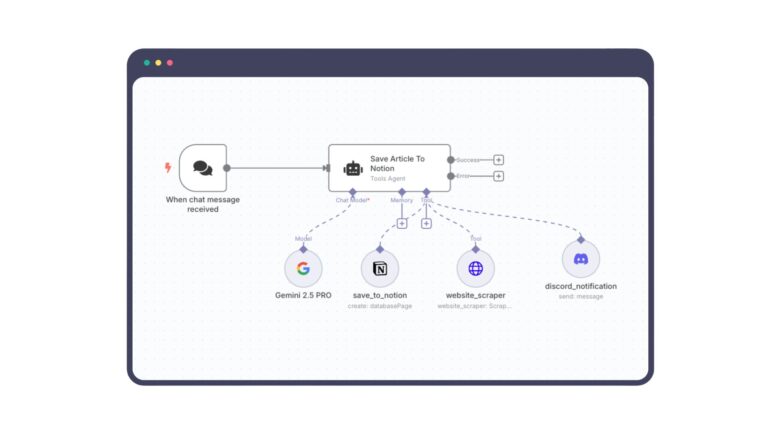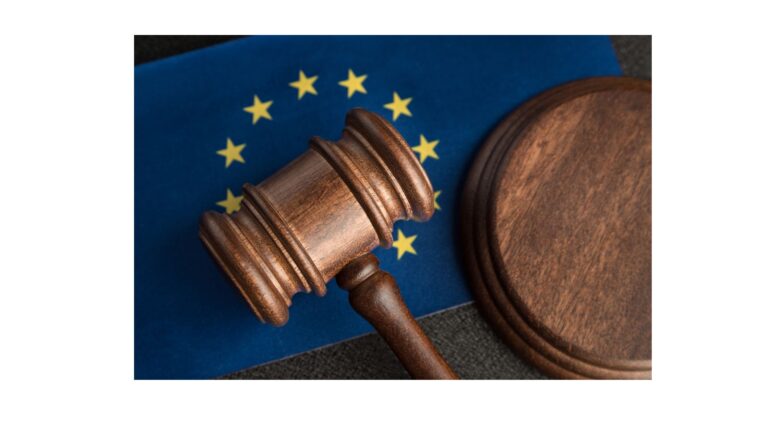The Future of Data Privacy in Health Tech
As health technology evolves, it continues to transform patient care, diagnostics, and health data management. Yet, this innovation comes with increasing regulatory scrutiny and rising consumer expectations for privacy. The future of data privacy in health tech is shaped by emerging laws like the EU AI Act, global privacy trends, and the integration of AI in compliance processes. By proactively addressing these shifts, health tech organizations can turn compliance challenges into strategic opportunities.
Emerging Laws and Global Trends
In Europe, the proposed EU AI Act is poised to set the standard for ethical AI deployment in high-risk sectors, including health tech. This legislation emphasizes transparency, safety, and accountability, particularly for AI systems used in diagnostics, treatment planning, and patient monitoring. For example, AI tools designed to predict patient outcomes will need to provide explainable results, demonstrating fairness and non-discrimination. Non-compliance could lead to hefty penalties, similar to GDPR’s enforcement mechanisms.
Elsewhere, privacy laws are becoming increasingly harmonized and stringent. In the United States, state-level laws such as California’s CPRA and Virginia’s CDPA are driving data privacy reforms, focusing on enhanced consumer rights and stricter accountability for businesses. Asia-Pacific countries are also ramping up their frameworks. Singapore’s Personal Data Protection Act (PDPA) has been expanded to address modern digital risks, while India’s Digital Personal Data Protection (DPDP) Act enforces stricter consent requirements for data collection in healthcare.
Globally, these trends underscore a collective shift toward safeguarding sensitive health data. Organizations must not only navigate these laws but also anticipate upcoming regulations as jurisdictions align their privacy standards to global benchmarks.
Preparing for Audits with AI-Driven Tools
The increasing complexity of regulatory requirements necessitates smarter compliance strategies, and AI-driven tools are emerging as game changers. These tools automate labor-intensive processes, such as data inventory, risk assessments, and audit readiness, significantly reducing the burden on compliance teams.
For instance, AI can map the flow of patient data within interconnected health tech ecosystems, identifying areas of non-compliance in real time. Predictive analytics further enhance readiness by simulating audit scenarios, enabling organizations to preemptively address vulnerabilities. Such proactive measures minimize the likelihood of regulatory penalties while demonstrating due diligence to stakeholders.
Moreover, natural language processing (NLP)-based systems can analyze privacy policies, contracts, and regulations to flag potential risks. These tools ensure continuous compliance and allow health tech organizations to adapt quickly to new laws or amendments.
Proactive Compliance as a Competitive Edge
Proactive compliance, when embedded into the organizational culture, transcends its traditional role as a regulatory mandate. In health tech, this approach builds trust with patients, providers, and investors—critical stakeholders in an industry reliant on sensitive data.
Take, for example, a health app that prioritizes user control. By allowing patients to manage their data preferences seamlessly and providing clear, concise privacy policies, such apps can enhance user confidence and satisfaction. This trust directly correlates with increased adoption rates and brand loyalty.
Beyond trust, compliance-centric innovation can differentiate health tech products in competitive markets. Companies that invest in privacy-first designs, such as end-to-end encryption, secure APIs, and adaptive access controls, can highlight these features as unique selling points. For instance, Apple’s Health app, which emphasizes data security and user control, has positioned itself as a benchmark for privacy-first health solutions.
The Road Ahead
As regulations like the EU AI Act and DPDP Act shape the future landscape, the pressure on health tech companies to stay ahead of compliance will only intensify. However, organizations that leverage AI-driven compliance tools and adopt privacy-by-design principles are better positioned to adapt.
In the long term, these efforts are not just about avoiding fines or meeting regulatory checklists. Proactive compliance aligns with the broader organizational goal of ethical innovation. It enables health tech companies to lead with integrity, attract top-tier partnerships, and sustain growth in an increasingly privacy-conscious world.
The future of data privacy in health tech isn’t about playing catch-up. It’s about seizing the opportunity to lead. By embracing emerging laws, deploying cutting-edge compliance technologies, and fostering a culture of privacy-first innovation, health tech companies can secure not only their data but also their place in the digital healthcare revolution.








